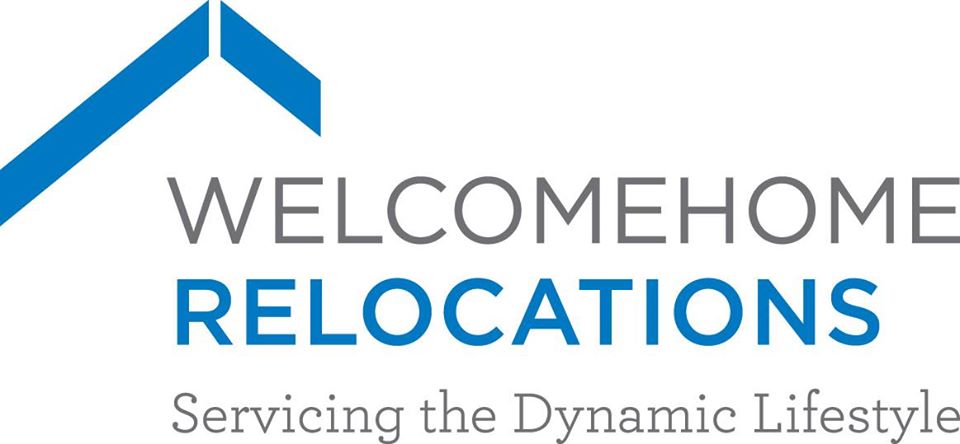How are the expectations of millennials in the workforce different from previous generations? How can businesses attract millennial talent on a global level?
It’s no secret; millennials are one of the most mobile workforces in history. Not only are workers aged 18-to-35 willing to move from one job to another, they are willing to move to a new city or even a distant country if the right work opportunity presents itself. Millennials continually seek flexibility and opportunities for workforce mobility (employee relocation) when searching for jobs.
A s
This focus on mobility is a relatively new trend in the business world. In the past, the worker was far less likely to relocate for work, instead focusing on local career options. This shift in worker mentality has changed the way employers recruit and retain employees. Many millennials are not only open to relocating for work, they actually embrace it.
Many would assume that millennials are switching jobs at a higher rate to increase their earnings, but this doesn’t seem to be the case for many. Millennials are thinking globally about their job search. It seems that the average millennial worker is motivated by the experience of a mobile lifestyle and an overseas job is a means to achieve this goal. Money is always going to be a factor in the recruitment process, but an opportunity for adventure is more important for many millennials. Some millennials are even willing to take less money to work in their ideal city.
In the past, recruiters would immediately raise a red flag when a potential job candidate had multiple jobs in a short amount of time, but this is now changing. Millennials are not afraid to move on to another job if they feel unsatisfied. They are also willing to move on if they feel a work culture is growing stale, or if they feel that they’ve outgrown their position.
A positive work culture is another important factor in the millennial recruitment process. Younger workers want to work for a company that focuses on social and cultural elements. It’s important that millennials have a strong work-life balance. The ability to be a mobile worker allows many millennials the ability to find the work culture for their needs. This may present challenges for smaller companies who typically rely on a younger and local workforce. That being said, a smaller company may have an easier time creating a work culture that’s more appealing to younger workers. Millennials are more aggressive in achieving their career goals at a younger age and they are willing to be mobile to make these goals happen.
Mobility also gives millennials a much greater say in their career path than previous generations experienced. If the right opportunities are lacking in their local region, they can simply move to another market. The Internet and tools such as LinkedIn allow millennials the ability to tap into job markets from around the world. Recruiters are actively utilizing these tools along with aggressive employee relocation packages to attract highly-qualified millennial workers.
Millennials as a whole are getting married and having children at a much older age than previous generations. Many reserve their younger years for building their career and finding unique life experiences, therefore work relocation is both doable and appealing for millennials for these reasons. Recent graduates have financial flexibility and limited responsibility, which combined make the perfect recipe for a mobile worker.
It’s clear that millennials want to be the authors of their own career narratives and mobility is a key reason why they are able to do so in today’s job market. Businesses can benefit greatly by catering to the clear needs and desires of this very important and emerging segment of the workforce. Focusing on creating an engaging and rewarding workplace culture is the first step to recruiting highly qualified millennials. Having the right combination of culture and being located in a desirable market can open the doors to attracting millennial talent on a global level.
Creating a Millennial-Friendly Culture with Exciting Employee Relocation Opportunities
A Reflection of Global Mobility in 2024
As the year comes to a close, let’s take a look at the key trends that influenced global mobility and employee relocation in 2024, and





